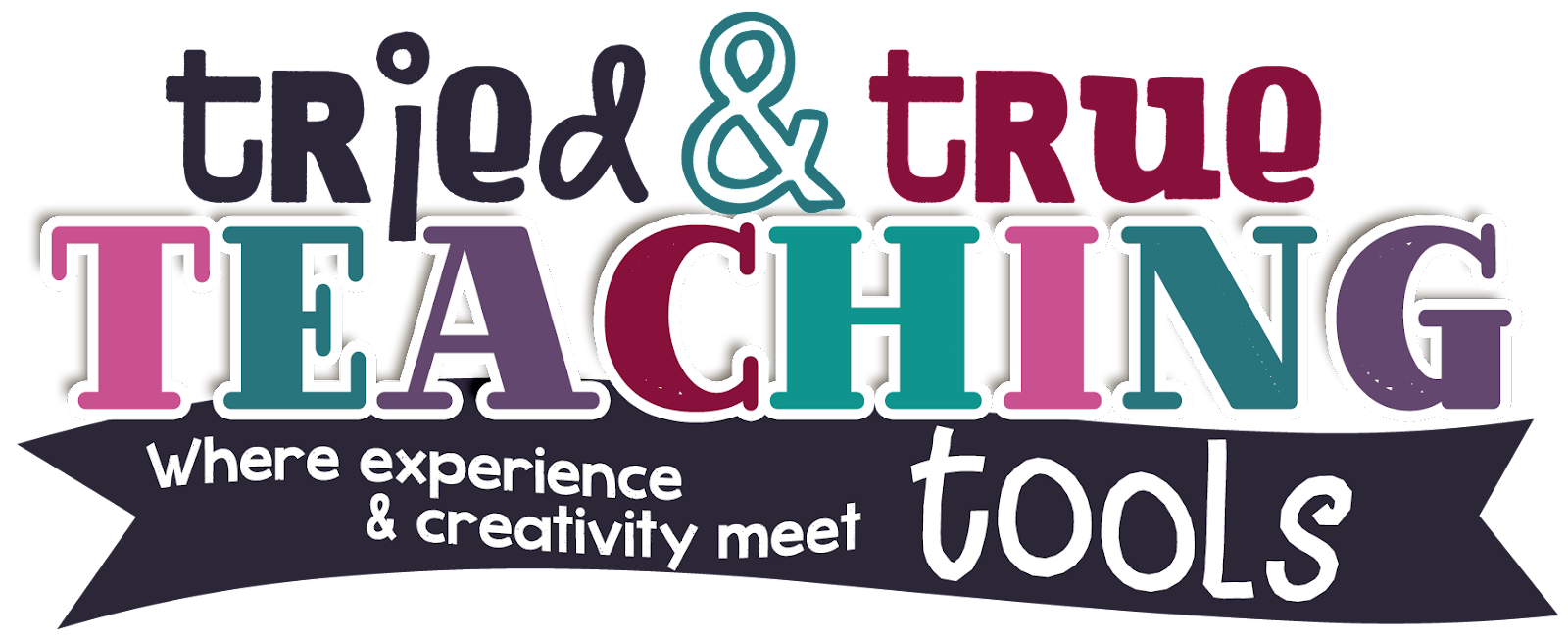Mathematical Mindsets has by far, been one of my favorite professional books! Every chapter made me rethink my mathematical practices and my kids are definitely benefitting! At Back to School Night, numerous parents told me how excited their children are about math (and this had never happened before!) and they already knew about growth mindsets because their children have been sharing how mistakes grow your brain!
Establishing positive norms in our classroom from the beginning of the year is crucial to students' understanding that their ideas are valued. Boaler suggests posting these norms in the classroom for frequent reference:
As teachers, we need to support these norms with action. And because we work so often in groups, emphasizing listening, collaboration and compromise, as well as building on each other's strengths will only enhance group work.
The rest of this chapter has tons of ideas for and tasks to reinforce having a mathematical mindset. As explained in Chapter 5, traditional math problems can be opened up and turned into an opportunity for learning. I'm so excited to develop some tasks that will challenge, encourage, and inspire math learning!
This book is definitely a keeper, and I hope you've learned as much from Dr. Boaler as I have! Be sure to join our Mathematical Mindsets Facebook group, so we can continue this discussion, as well as cheer each other on!





Great post! I'm going out on fall break in a few weeks, so I'm planning to start the second quarter with LOTS of growth mindset and Youcubed.org. I did some at the beginning of the year, but I'm excited to treat it as a fresh start and really do it up!
ReplyDeleteThanks for organizing this book study! It's been amazing!
After break will be the perfect time to start! And you'll love Youcubed.org; it's so motivating!! Best wishes; I'm so glad you participated in our book study!
DeleteThank you so much for inviting me to participate in this book study. The learning has been invaluable! I have enjoyed reading your posts! It sounds like you're off to a great start and you're students are already enjoying math! I love the idea of the participation grade and think its a good way to help students stay engaged with the task at hand. Have a great year!
ReplyDeleteThanks, Shametria! I always looked forward to your take on each chapter also! Have a great year!
Delete